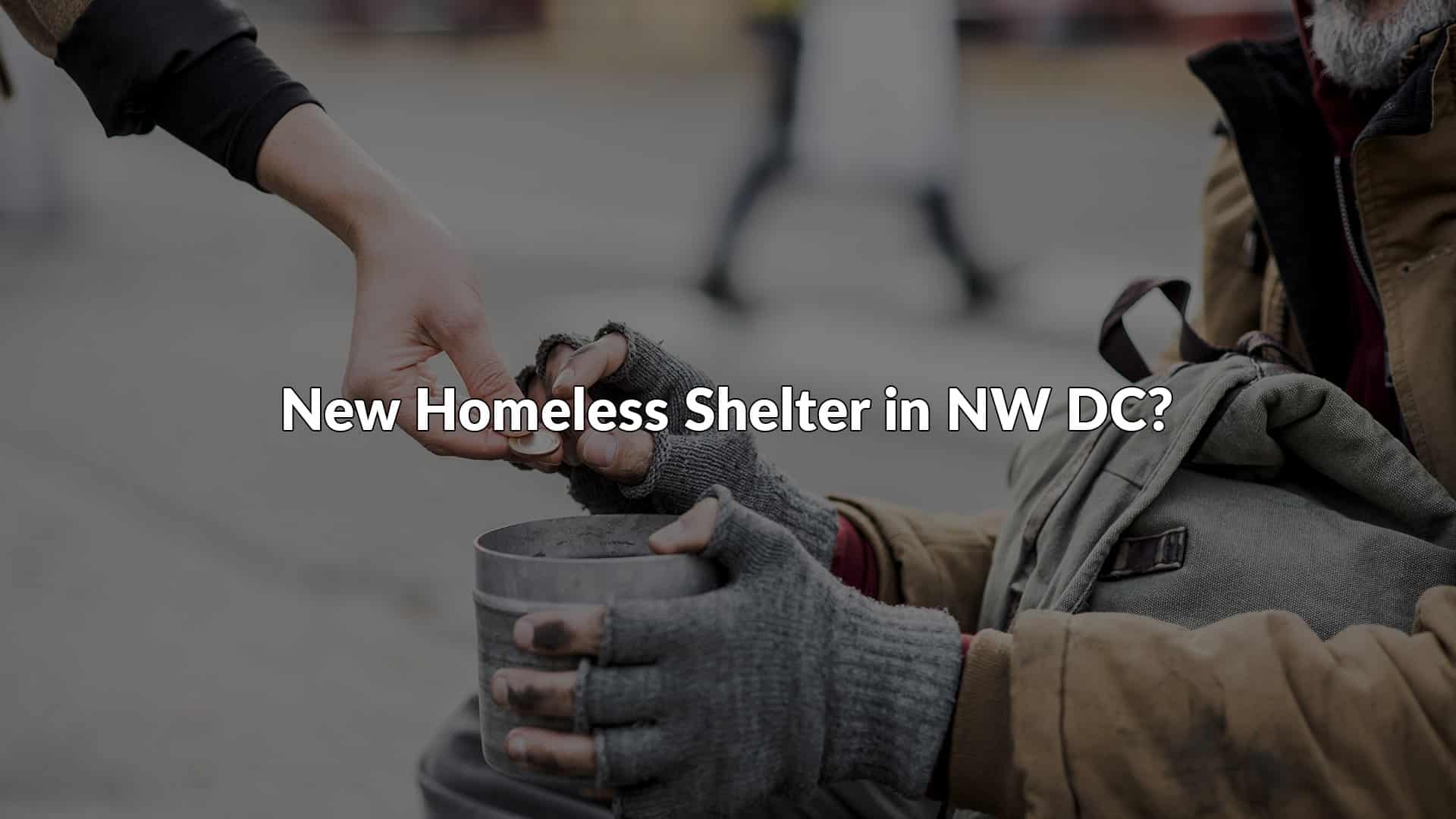On the 11th of September the House Subcommittee on Health held a hearing on the Trafficking Awareness Training for Health Care Act of 2014 (H.R. 5411). This groundbreaking bill would provide for the development of best practices for health care workers and a pilot project to ensure that these best practices are effective.
During the hearing several expert witnesses testified about their experiences with victims of human trafficking and expressed their views on the importance of trafficking awareness training for health care workers.
In her testimony, Katherine Chon of the Administration for Children and Families discussed the need for additional resources and training that would allow health care workers to identify victims of human trafficking. According to Ms. Chon, an adequate response to human trafficking requires the full spectrum of health care workers to be trained in the proper identification of and appropriate interaction with victims. Appropriate training of health care workers is critical because trafficking victims often live in highly precarious situations and are subjected to brutal treatment. Violence is the rule rather than the exception.
Trafficking victims suffer mental, emotional and physical effects. The panel of experts pointed out that several focus groups from across the country have shown that nearly 99.1% of trafficking victims have at least one physical health problem and nearly 98.1% has one psychological problem. Because most trafficking victims come from already vulnerable populations, there is a critical need to develop a better understanding of their specific vulnerabilities to human trafficking.
Laura Lederer, executive director of the Bastian Center for the Study of Human Trafficking at Indiana Wesleyan University, pointed out that nearly 87% of the victims seek help in health care centers. Therefore, health care workers must be considered first responders and must be aware of the signs that someone is a victim of human trafficking. Health care workers need appropriate training to put the pieces of the puzzle together so that they can offer the necessary services to human trafficking victims and do not let the victims leave the hospital unrecognized.
Ken Miller, President of the American Association of Nurse Practitioners, also emphasized how health care workers need to develop a set of skills that allow them to identify, treat and assist victims of human trafficking. Mr. Miller stated that the development of these skills should be integrated into the education of health care workers from the start. Universities must be proactive and integrate workshops on human trafficking in the curriculum.
The pilot training program is now being launched in five different states. The results are yet to be known, but the program is a step—hopefully the first of many—in the right direction.
By Daan Krauss



